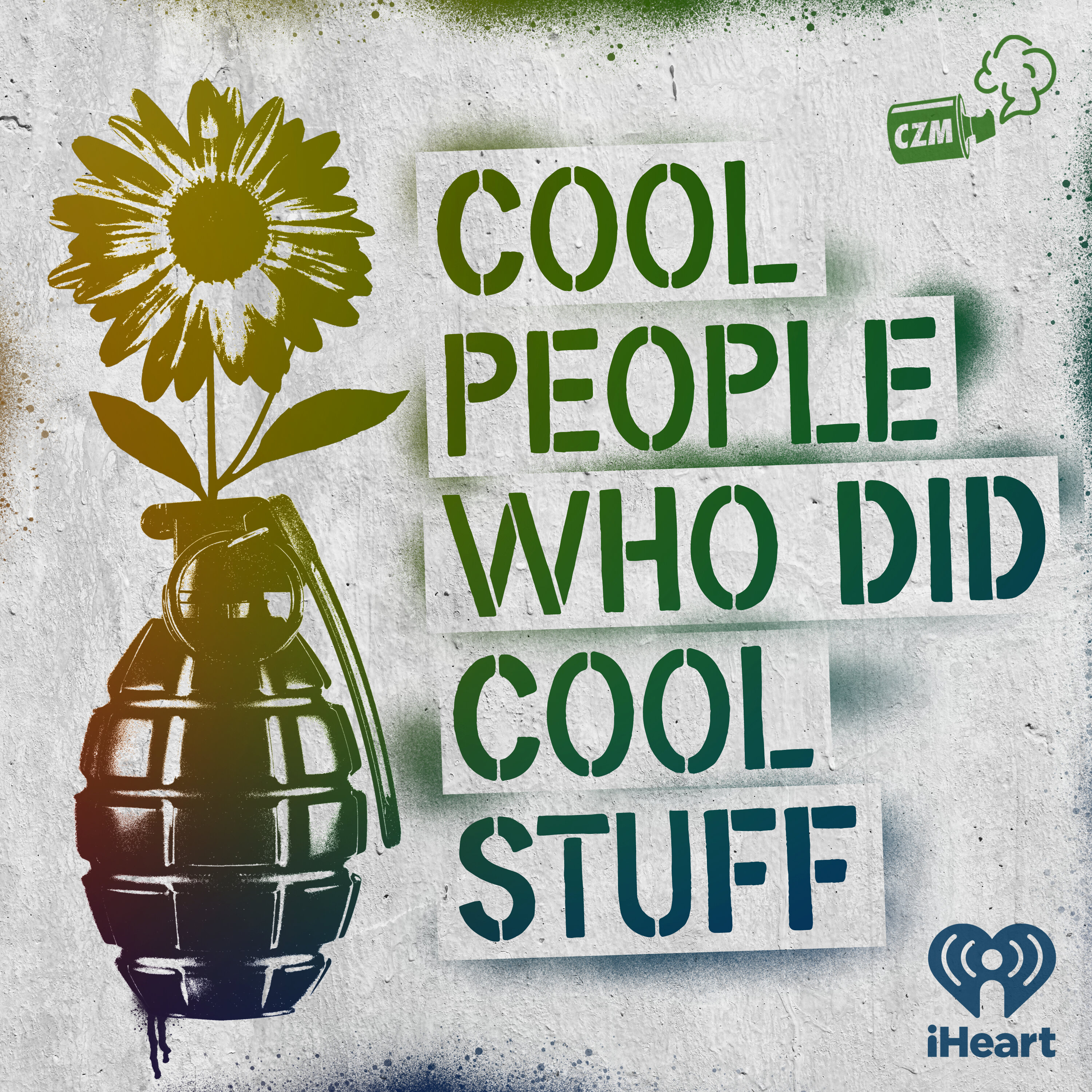
CZM Rewind: Part Two: Chumbawamba: How to Sell Out, But in a Good Way

Cool People Who Did Cool Stuff
Deep Dive
How did Chumbawamba's structure evolve in the early 1990s?
In the early 1990s, Chumbawamba transitioned from a loose, chaotic group to a more structured workers' cooperative. They held frequent meetings, sometimes more than they practiced music, and most members moved out of their squat while remaining in the band and staying active in activism. They also began starting families and balancing personal lives with their musical and political commitments.
What was the significance of Chumbawamba's album 'Anarchy'?
Released in 1994, 'Anarchy' featured a controversial cover photo of a child being born, taken from a children's book. The band intended to provoke reactions, and the album was labeled pornographic by some stores, which refused to sell it or kept it in brown bags. Despite the controversy, it marked Chumbawamba's first entry into the mainstream charts and included the song 'Homophobia,' which became a notable track in their discography.
How did Chumbawamba respond to criticism after signing with EMI?
After signing with EMI, Chumbawamba faced backlash from old fans and critics who accused them of selling out. However, the band defended their decision by emphasizing the practical benefits, such as financial stability and the ability to reach a wider audience. They also continued their activism, donating money to various causes and using their platform to promote anarchist ideals, demonstrating that their core values remained intact.
What was the inspiration behind Chumbawamba's hit song 'Tub Thumping'?
The inspiration for 'Tub Thumping' came from observing a drunk Irish man singing 'Danny Boy' while stumbling home from a bar. The song reflects working-class experiences, including themes of resilience, community, and solidarity. It became a global smash, reaching number two in the UK and number six in the US, and was embraced as a drinking anthem while also resonating on deeper levels of collective struggle and perseverance.
How did Chumbawamba use their fame to support activism?
Chumbawamba used their newfound wealth from 'Tub Thumping' to fund various activist causes, including women's groups, prisoner defense campaigns, radical media projects, and direct action groups. They also turned down lucrative deals from companies involved in sweatshop labor or the arms industry, such as Nike, and donated money to organizations like Indy Media and CorpWatch, which exposed corporate crimes.
What was the controversy surrounding Chumbawamba's appearance on the Brit Awards in 1998?
At the 1998 Brit Awards, Chumbawamba performed wearing sweatshirts with slogans like 'Sold Out' and displayed a film of protests and riots behind them. They also changed the lyrics of 'Tub Thumping' to criticize the Labour Party for betraying striking dockworkers. After their performance, band members dumped a bucket of ice water on Deputy Prime Minister John Prescott, leading to Dan's arrest. However, Prescott chose not to press charges, and the incident became a media sensation.
How did Chumbawamba's career evolve after their mainstream success?
After their mainstream success, Chumbawamba continued to release music for another 15 years, working with indie labels and starting their own. They remained active in activism, funding direct actions and accidentally appearing at significant riots. Despite some members leaving the band in 2004, they reunited for a farewell tour in 2012 and continued to support each other's artistic endeavors. Their final release, an EP titled 'In Memoriam Margaret Thatcher,' came out in 2013 after Thatcher's death.
What was Chumbawamba's final statement upon breaking up?
In their final statement, Chumbawamba described the band as a vehicle for pointing out societal injustices and telling their version of the truth. They acknowledged the contradictions and challenges they faced but emphasized the goodwill, humor, and love that sustained them. They concluded by expressing pride in their efforts to push boundaries and maintain a working-class basis throughout their career, even as they were 'spit out' by the mainstream.
- Transition from a chaotic squat to a workers' cooperative
- Increased focus on meetings and collaboration
- Balancing commercial and political considerations
- Release of the album "Anarchy", and its controversial cover art
Shownotes Transcript
In part two of this week's episode, Margaret continues her conversation with Max Collins of Eve 6 about the squatting, organizing, and robin hood antics of Chumbawamba, the one hit wonders with a thirty year career.
See omnystudio.com/listener) for privacy information.